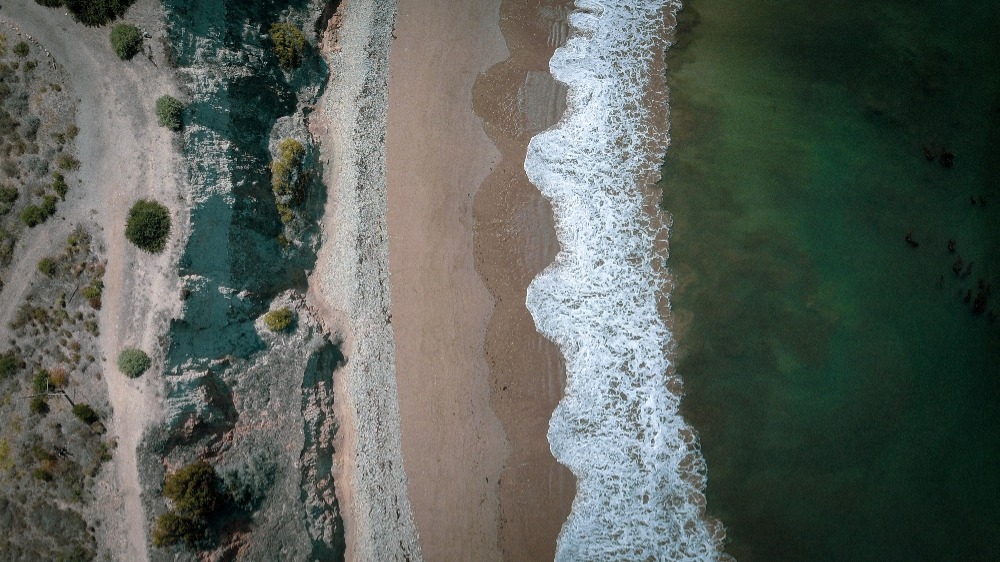Circular Economy Action Plan
How does this translate into the superyacht industry?
Announced earlier this year, amidst the initial coronavirus chaos, the European Commission informed us that it has adopted a new ‘Circular Economy Action Plan’ – one of the core pillars of the European Green Deal, which is Europe’s new agenda for sustainable growth.
The plan focuses on the design and production for a circular economy, which aims to ensure that any resources used by European businesses remain within the EU economy for as long as possible...
The new plan aims to make the EU’s economy more hospitable for a green future, to strengthen the EU’s competitiveness while protecting the environment and give new rights to consumers. The plan focuses on the design and production for a circular economy, which aims to ensure that any resources used by European businesses remain within the EU economy for as long as possible.
"Many products break down too easily, cannot be reused, repaired or recycled, or are made for single use only. There is a huge potential to be exploited both for businesses and consumers..." - Frans Timmermans, Executive Vice-President for the European Green Deal
“To achieve climate-neutrality by 2050, to preserve our natural environment, and to strengthen our economic competitiveness, requires a fully circular economy. Today, our economy is still mostly linear, with only 12% of secondary materials and resources being brought back into the economy,” began Executive Vice-President for the European Green Deal, Frans Timmermans. “Many products break down too easily, cannot be reused, repaired or recycled, or are made for single use only. There is a huge potential to be exploited both for businesses and consumers. With today's plan we launch action to transform the way products are made and empower consumers to make sustainable choices for their own benefit and that of the environment,” he concluded.
If we continue to use the planet’s resources at the rate we are currently, by 2050, we will be consuming as if we had the resources of three planets. There needs to be a speedy ‘green transition’ of the EU economy, and this is already underway, with frontrunner businesses, consumers and public authorities embracing a sustainable business model.
There are four core components that make up the new plan, and these are: making sustainable products the norm in the EU, to empower consumers so that they have access to reliable information on the repairability and durability of a product, to focus on sectors that use the most resources but where the potential for circularity is high, and to ultimately ensure less waste.
According to the Water Revolution Foundation, from the perspective of the superyacht industry, there are many factors to consider in order to achieve a circular economy. To accomplish this, we must strive towards “a regenerative system in which resource input and waste, emission, and energy leakage are minimised by slowing, closing and narrowing energy and material loops,” commented Nikos Avlonas, Founder and President of the Centre for Sustainability and Excellence. This includes the long-lasting design of a vessel, careful maintenance and repair, reuse of materials, remanufacturing, refurbishing, recycling and upcycling. “The economic activity therefore builds, and rebuilds a healthy system overall,” he added.
Superyacht owners must be presented with more attractive sustainable and economical alternatives, such as the possibility of Ocean Scientific Research and Education sponsorship as an additional use of their vessel, less CO2 emissions while cruising, and locally-sourced or reused materials within the interior/exterior design of the yacht...
From the perspective of the superyacht owner, they must be presented with more attractive sustainable and economical alternatives, such as the possibility of Ocean Scientific Research and Education sponsorship as an additional use of their vessel, less CO2 emissions while cruising, and locally-sourced or reused materials within the interior/exterior design of the yacht.
Plastics, electronics, batteries, and construction materials are all words in bold within the European Commission’s press release on the matter, and these are items found in every single industry, including the world of superyachts. Seeing as the majority of the most prominent shipyards are based within the EU, this industry will be far from exempt from this plan, and if it is not already at the top of your agenda, implementing a more circular framework to the entire supply chain of your business will put you in good stead for 2021, which sees further action points on the matter.
The EU’s ‘implementation tracking table’ reveals that in 2021 there will be much activity by the European Commission, including; a review to reinforce the essential requirements for packaging, mandatory requirements on recycled plastic content, an EU Strategy for Textiles, and a review of the rules on end-of-life vehicles.
Much like the IMO tier III regulations, which members of the industry have openly informed SuperyachtNews they are not prepared for, the new action plan by the EU must be taken seriously. It is a collaborative effort towards a circular economy within each industry, to work towards a green future, and as a representative from Winch Design said to me this week, “without a healthy, clean ocean, none of us would have the jobs we are in today."
Profile links
NEW: Sign up for SuperyachtNewsweek!
Get the latest weekly news, in-depth reports, intelligence, and strategic insights, delivered directly from The Superyacht Group's editors and market analysts.
Stay at the forefront of the superyacht industry with SuperyachtNewsweek
Click here to become part of The Superyacht Group community, and join us in our mission to make this industry accessible to all, and prosperous for the long-term. We are offering access to the superyacht industry’s most comprehensive and longstanding archive of business-critical information, as well as a comprehensive, real-time superyacht fleet database, for just £10 per month, because we are One Industry with One Mission. Sign up here.
Related news
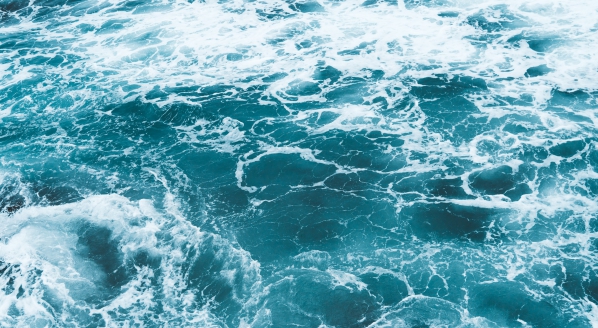
Earth Day raises some serious questions for the superyacht industry
Insights from the Water Revolution Foundation online sustainability course
Business

Captain Elin Signe Askvik joins 'REV Ocean'
Elin joins the project with a passion for subsea exploration and to raise the focus on the marine environment
Crew
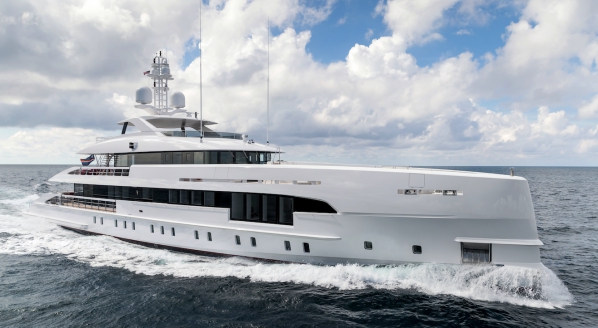
Heesen sells second hybrid superyacht
Record number of hybrid vessels set to be delivered by the superyacht industry in 2020
Fleet
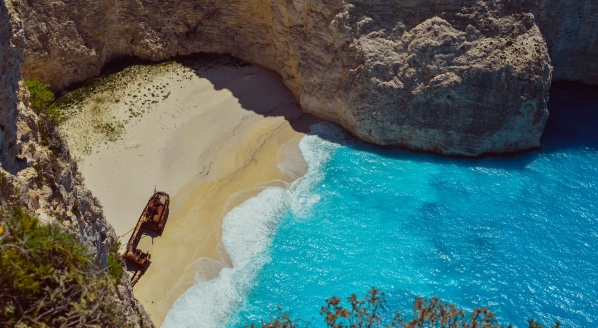
Could sustainable composites become a reality?
With insights from Azimut-Benetti and the National Composites Centre
Technology

Teakdecking Systems partners with The Nature Conservancy
The partnership will work towards improving forestry practices and fighting illegal logging in Myanmar
Technology
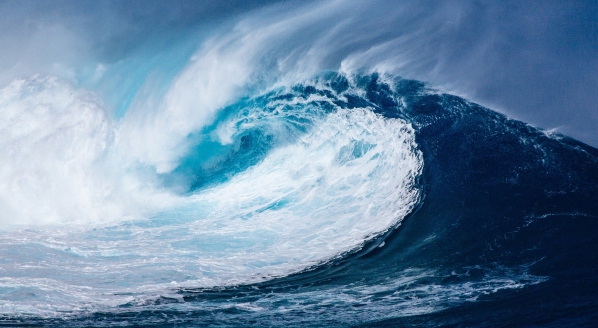
WRF launches industry-wide code of conduct
Water Revolution Foundation's codified drive for change
Business
Related news
Captain Elin Signe Askvik joins 'REV Ocean'
6 years ago
Heesen sells second hybrid superyacht
6 years ago
Could sustainable composites become a reality?
6 years ago
WRF launches industry-wide code of conduct
6 years ago
NEW: Sign up for
SuperyachtNewsweek!
Get the latest weekly news, in-depth reports, intelligence, and strategic insights, delivered directly from The Superyacht Group's editors and market analysts.
Stay at the forefront of the superyacht industry with SuperyachtNewsweek


